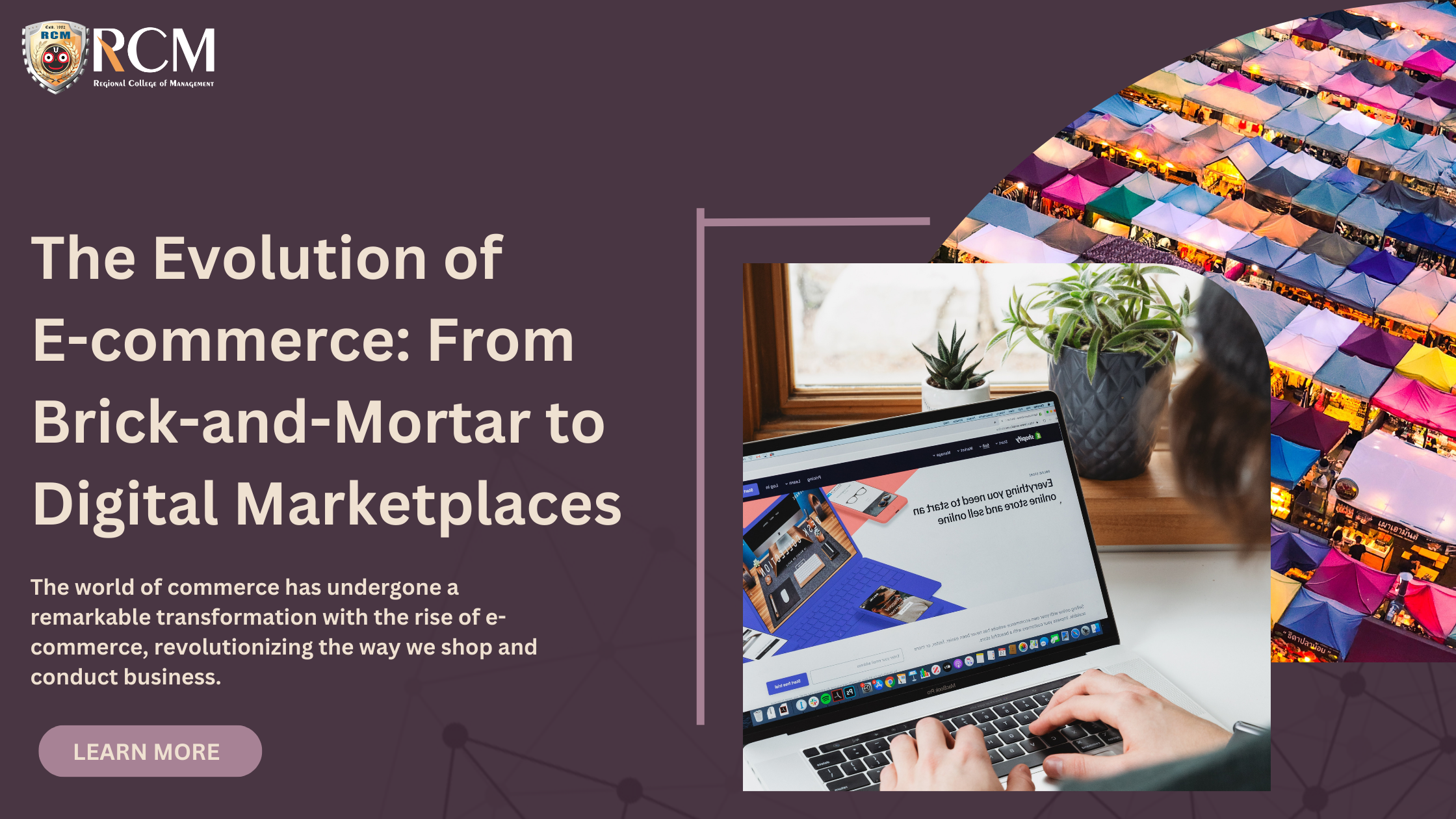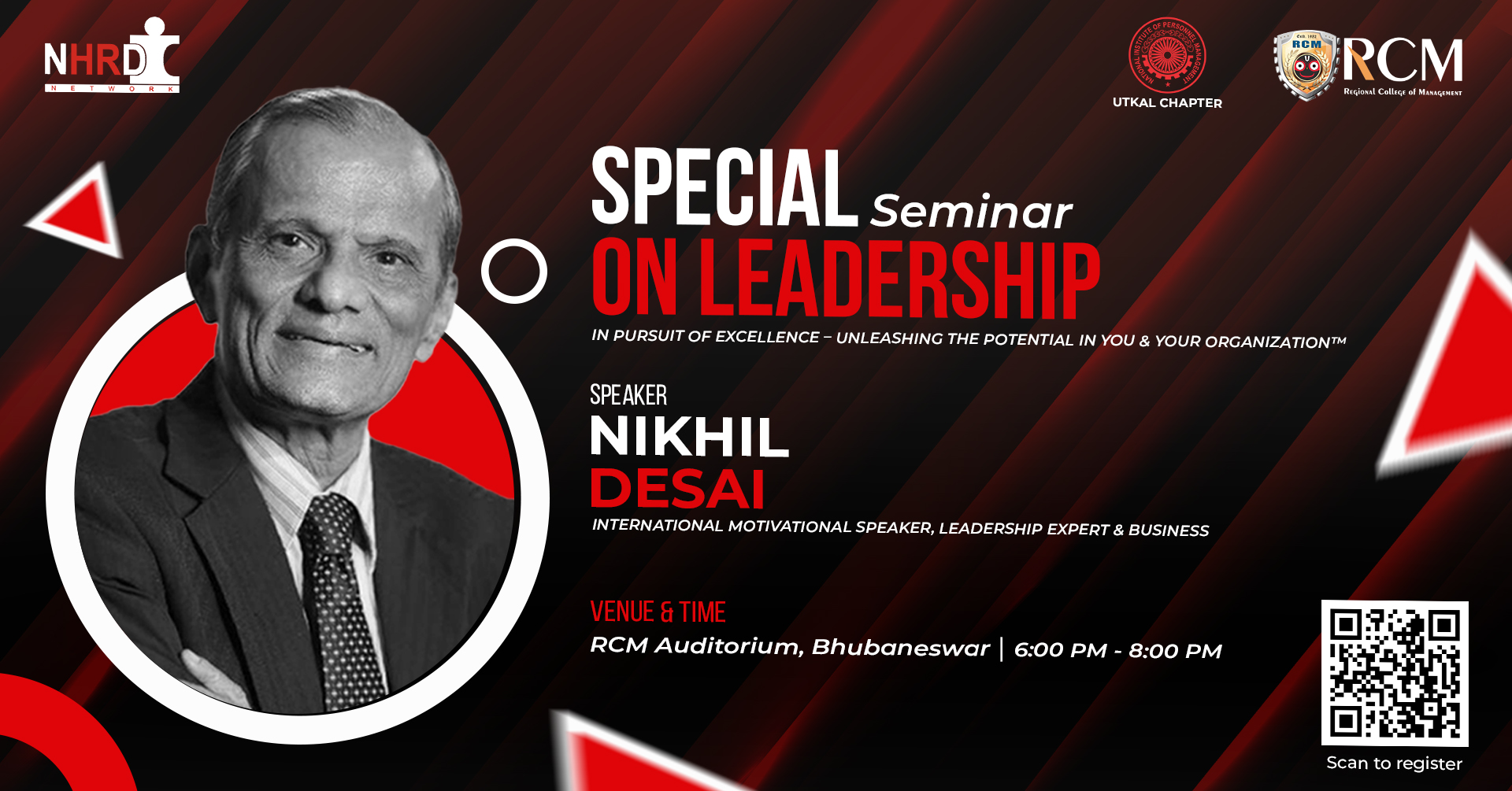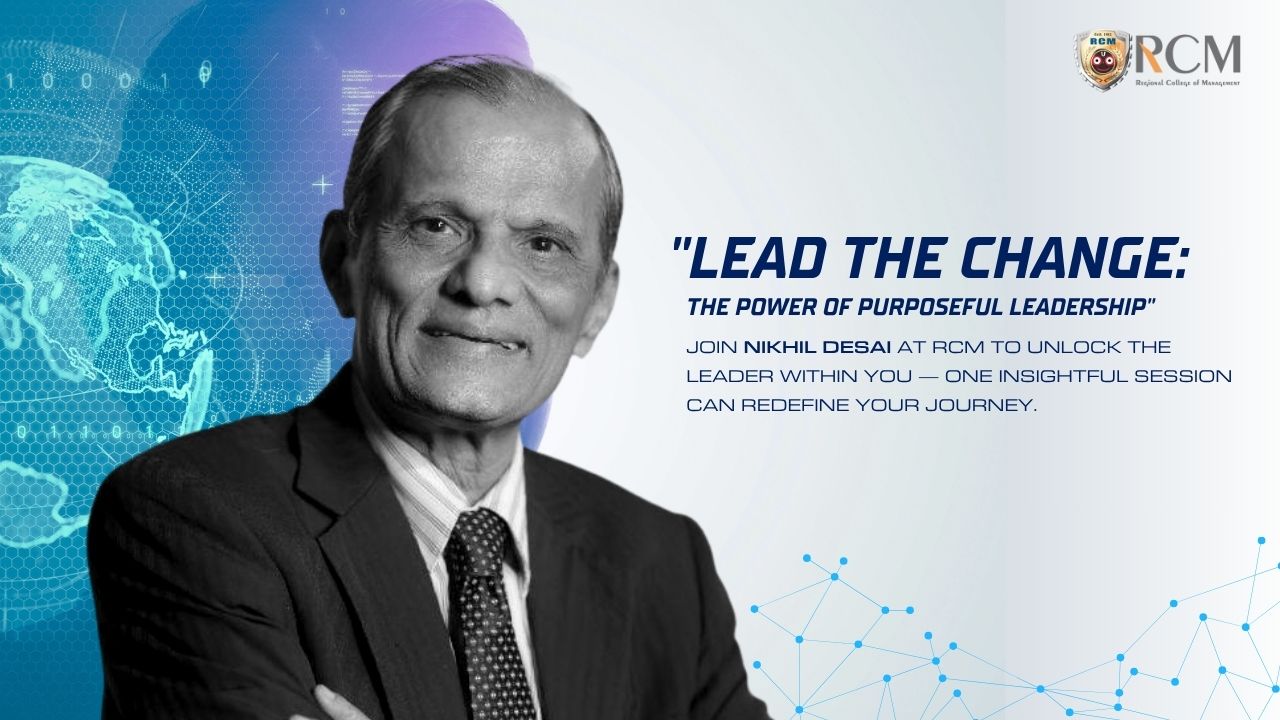The world of commerce has undergone a remarkable transformation with the rise of e-commerce. It has revolutionized the way we shop and conduct business. From its humble beginnings as online stores, e-commerce has evolved into expansive digital marketplaces. Consequently, it has reshaped the retail landscape.
In this blog post, we delve into the evolution of e-commerce. We trace its journey from brick-and-mortar stores to today’s thriving digital marketplaces.
The Emergence of Online Stores
The first phase of e-commerce witnessed the emergence of online stores. Businesses established their digital presence to reach a broader audience. Customers could browse products, place orders, and make payments online. This provided convenience and accessibility beyond traditional brick-and-mortar stores.
Advancements in Technology and Infrastructure
Technological advancements, improved internet connectivity, and secure payment gateways paved the way for the growth of e-commerce. Furthermore, the development of user-friendly platforms and e-commerce software solutions made it easier for businesses to set up online stores, manage inventory, and process transactions.
Shifting Consumer Behavior
As consumer behavior evolved, the demand for online shopping experiences grew. Factors such as convenience, price comparison, a wide product selection, and 24/7 accessibility became increasingly important to customers. E-commerce offered a seamless and personalized shopping experience, attracting a larger customer base.
Expansion into Digital Marketplaces
The evolution of e-commerce consequently led to the rise of digital marketplaces. As a result, multiple sellers could showcase their products on a single platform. For example, marketplaces like Amazon, eBay, and Alibaba provided a vast array of products. Furthermore, they opened up new avenues for businesses to reach global audiences. In addition, customers could explore a wide range of offerings.
The Influence of Mobile Commerce
The advent of smartphones and mobile apps further accelerated the growth of e-commerce. Mobile commerce (m-commerce) enabled customers to shop on the go, leading to an exponential increase in online transactions. E-commerce platforms adapted by optimizing their websites and developing user-friendly mobile applications.
Enhanced Customer Experience
Digital marketplaces focused on enhancing the customer experience by incorporating user reviews, product recommendations, personalized suggestions, and seamless checkout processes. Features like one-click purchasing and same-day delivery options further elevated the convenience factor, setting new standards for retail experiences.
Integration of Emerging Technologies
The evolution of e-commerce continues with emerging technologies such as artificial intelligence (AI), virtual reality (VR), augmented reality (AR), and chatbots. These technologies enhance product visualization, provide personalized recommendations, offer virtual try-on experiences, and improve customer support.
Embracing Omnichannel Retailing
To provide a holistic shopping experience, e-commerce has embraced the concept of omnichannel retailing. This integration of online and offline channels allows customers to seamlessly transition between digital platforms and physical stores, providing a cohesive and integrated shopping journey.
Conclusion
The evolution of e-commerce has transformed the retail landscape. It has reshaped traditional business models and provided new opportunities for businesses and consumers alike.
From the emergence of online stores to today’s thriving digital marketplaces, e-commerce has redefined convenience, accessibility, and customer experiences. As technology continues to advance and consumer expectations evolve, the future of e-commerce promises even more exciting innovations. It will blur the lines between physical and digital retail.




















